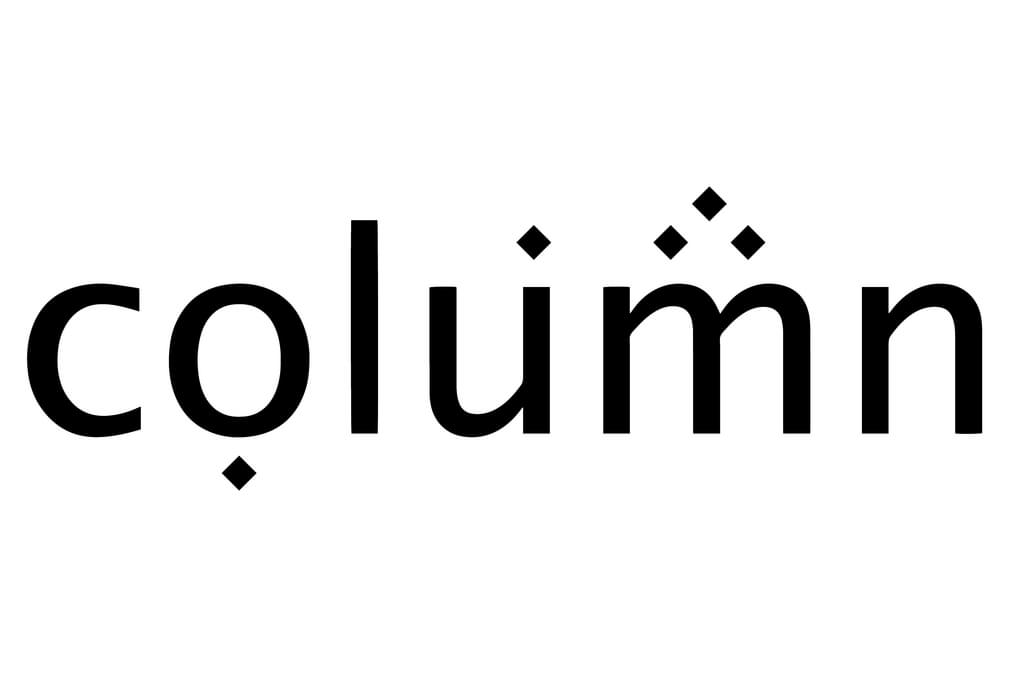In addition to the protracted formation process and the aftermath of the corona measures, we have been startled the past summer by the news of the hasty departure of the Western troops from Afghanistan.
Our screens were filled with dramatic images of difficult evacuations with overcrowded aircrafts, the rollout of a strict Taliban regime and – back in our own country - protests at asylum centres against the arrival of the refugees. These displaced people have abruptly left their homes and are now facing a huge challenge. How do you build a new life from scratch in a foreign country? Where, moreover, people would rather do without you, given the reactions.
The history of the Netherlands has of course brought people from elsewhere here more often. Despite all difficulties, these always turn out to be extremely resilient. I can actually see that around me around me every day. Our team of architects almost unnoticeably reflects pieces of history. For example, some colleagues fled the former Yugoslavia as children, with their parents. They have received their education here, have gone to work and now also have families of their own.
Quite a few colleagues also have roots on one of the Indonesian islands, for example. And of course, it doesn't end there. For example, many Dutch surnames can be traced back to French and Portuguese ancestors who fled from religious oppression elsewhere in the seventeenth century.
Hence, our society is partly shaped by migration. Sometimes completely self-chosen, other times more or less forced under difficult circumstances. But in new contexts and under other conditions, people keep still finding opportunities to build a new life. That makes me optimistic. I'm curious for our first employee of Afghan descent.
Ronald Schleurholts, architect-partner cepezed
Cobouw, September 15th, 2021
blended
